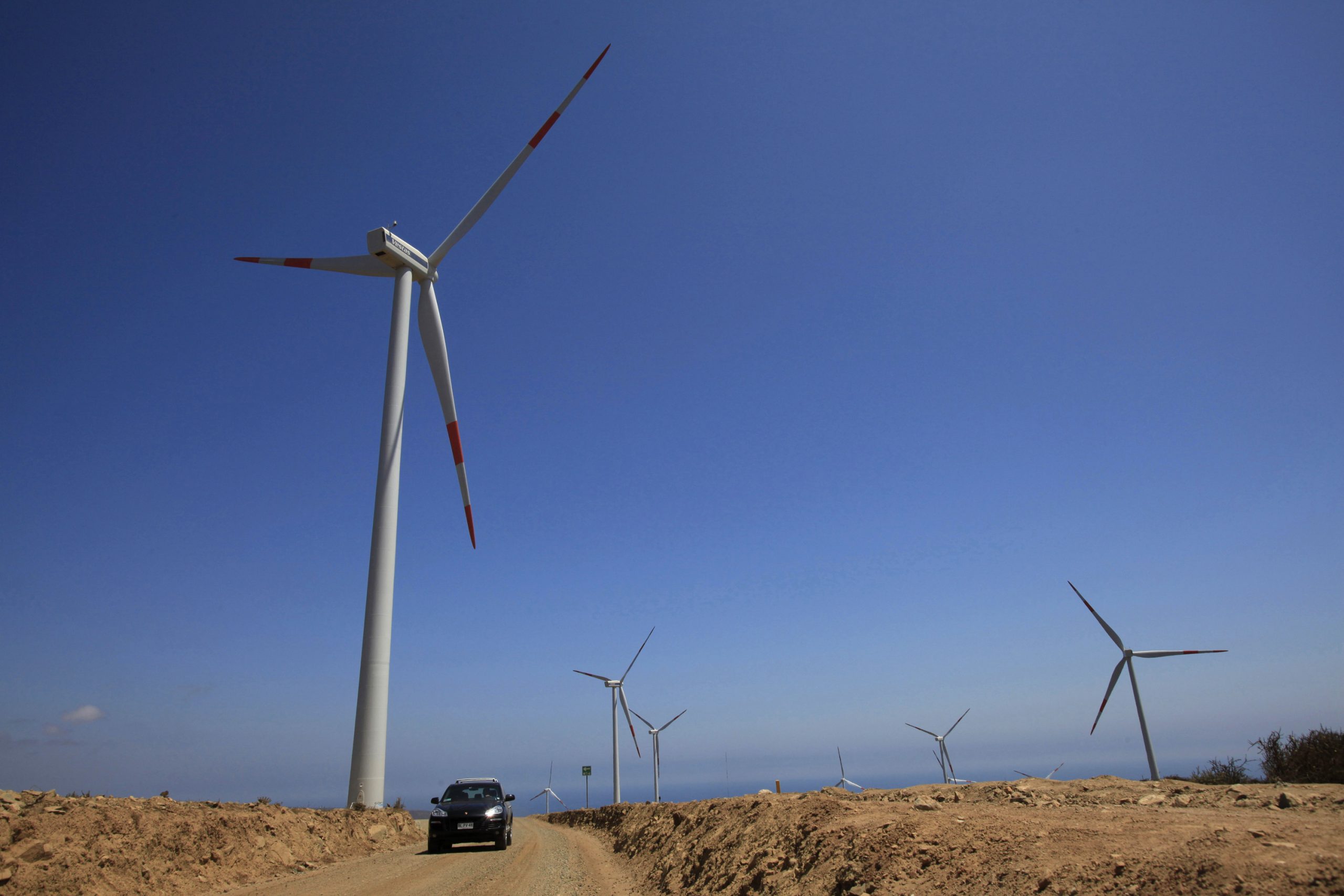
Chile, the new promise of renewable energy
The country pledged to become carbon neutral by 2050
Despite its historic ties to fossil fuels and copper mining, Chile in recent years has accelerated its energy transition. It has set an ambitious goal of converting 70% of its total energy consumption to renewables by 2030 and pledged to become carbon neutral by 2050.
Chile’s energy transition has been broadly supported by parties from across the political spectrum and backed by the public. 91% of Chileans believe that climate change should be treated as a government priority, according to the Yale Program for Climate Change Communication. Last December, Chile’s government published the country’s first Estrategia de Tranciciòn Justa en el sector Energia, which provided targets for achieving net-zero emissions by 2050, including accelerating solar, wind and geothermal energy across the country.
It is estimated that about 96% of Chile’s energy will be from renewables. There is no lack of clean energy resources. In the north of the country the Atacama Desert boasts some of the world’ highest insolation levels, making it ideal for solar energy. In the south, the strong winds are harnessed to produce wind power. Furthermore, in many parts of the country watercourses offer good conditions for hydroelectric power and there is also potential for geothermal energy.

Image: Reuters, Vactor Ruiz Caballero
Since assuming office, President Gabriel Boric, announced its intentions to use the proceeds from Chile’s cooper production and lithium to fund production of green hydrogen. During last year’s constitutional referendum, the government proposed expanding environmental rights and introducing mining and natural resource bans. While the reformed constitution was largely rejected by Chilean voters, New York Times viewed it as a sign of the country’s progressive support for the renewable energy transition.
This wide supply of renewables has led the experts to estimate that 13% of the world’s green hydrogen will be produced within Chilean borders. To reach this goal, the government aims to public-private strategic partnerships. The office has already signed additional funding agreements with GNL Quintero, CAP and Air Liquide for their green hydrogen initiatives and pledged $50 million in funding aimed at advancing the national green hydrogen industry.
The energy transition has been widely supported by parties of all political factions and endorsed by the public. According to a statistic published by Yale University, 91 percent of Chilean citizens consider climate change a priority.
Chile is leveraging its progressive renewable energy credentials to establish itself as an important diplomatic player in international climate negotiations. The country co-hosted the United Nations Climate Change Conference COP25 in Madrid, hosted the Clean Energy Ministerial and launched the “Americas for the Protection of the Ocean” coalition at the 9th Summit of the Americas in June 2022.
It has also strengthened bilateral and regional partnerships to advance green technologies and reduce carbon emissions, especially with Germany and the U.S.
Thanks to the support from the Inter-American Development Bank (IBD), Chile is trying to accelerate its use of clean and sustainable energy sources and promote equal pay and gender parity within its renewable energy sector. The $300 million loan “will support key policy moves aimed at bridging the gender gap in a sector where women account for only 23% of the jobs, and boost female participation through public-private guidelines,” according to IBD. It also includes targets for decommissioning coal-fired plants and accelerating the country’s 2050 carbon neutral plan.

